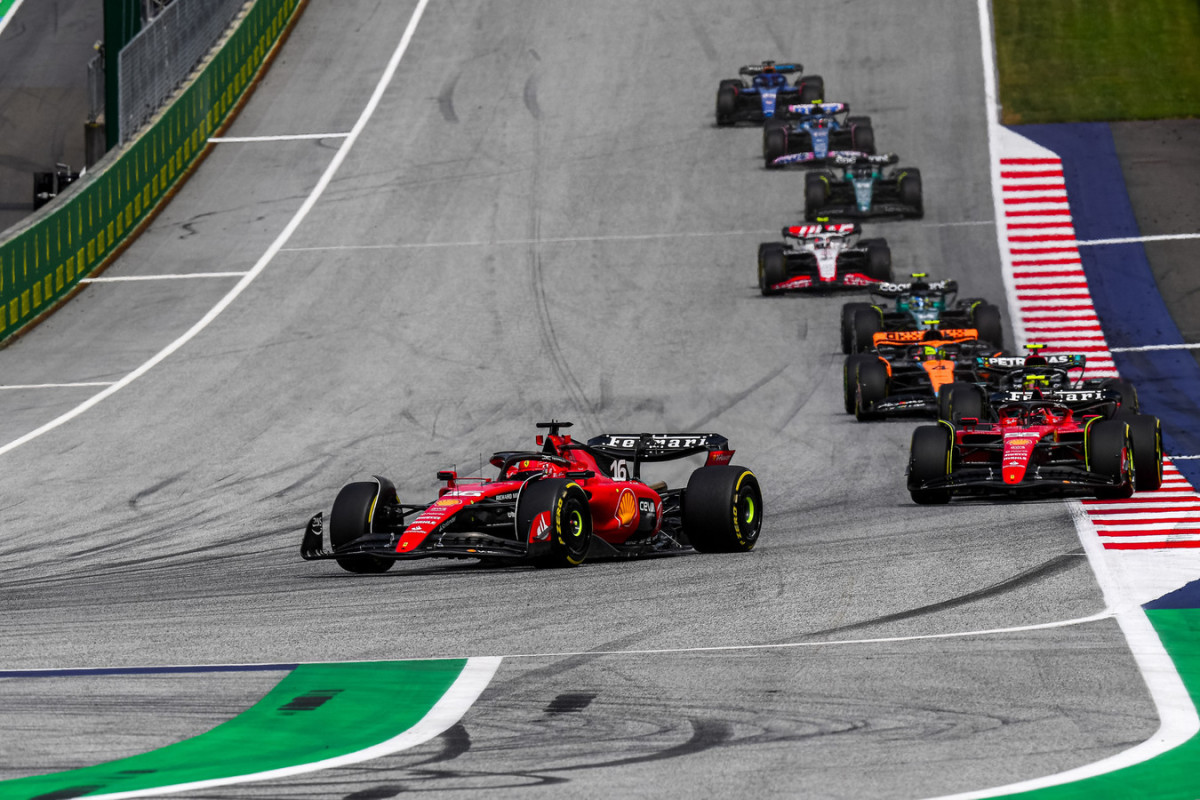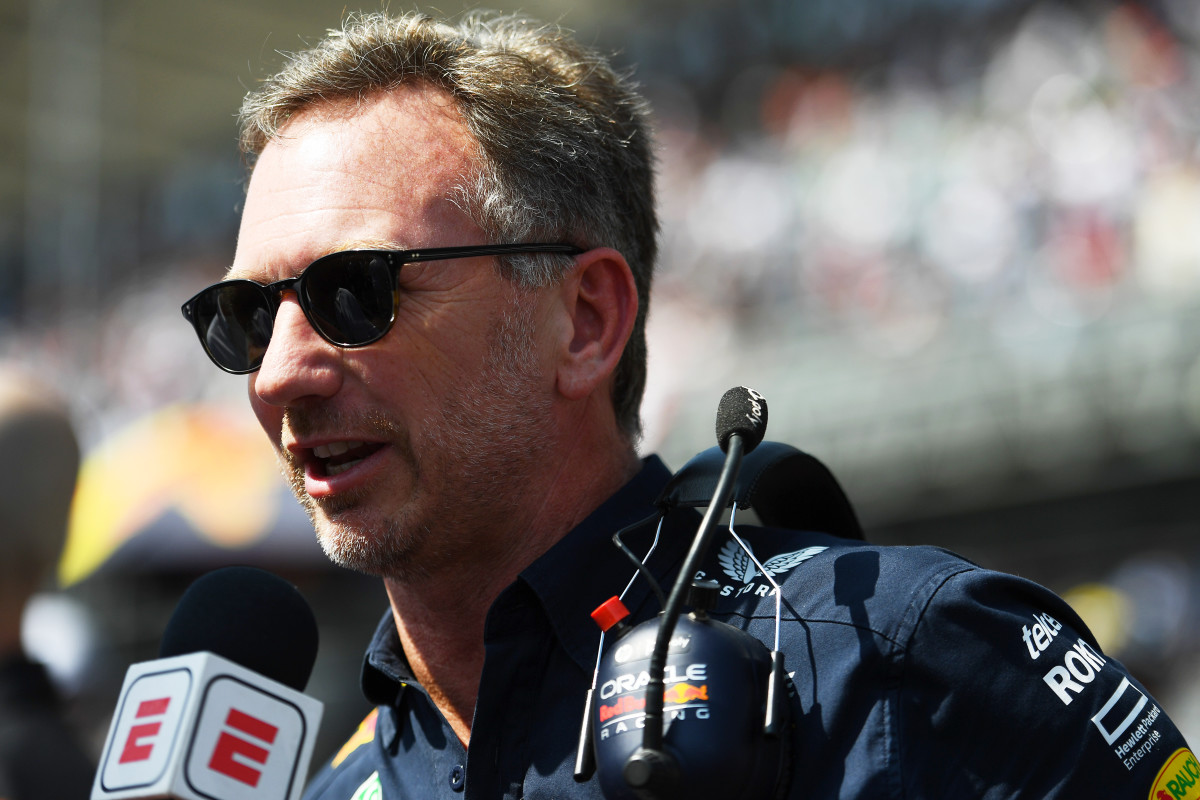F1 News: Christian Horner Reveals The Real Reason Behind Red Bull's Presence In Formula 1

Answering a question that would be on everybody's minds, Red Bull team principal Christian Horner spilled the beans on why Red Bull has two teams in Formula 1 when it is an energy drinks company.
The straightforward answer that came was that it is the best marketing platform a brand can get access to in the world and secondly, the shareholders of the company have always been "passionate about racing and Formula 1". However, in terms of profitability, is it that good for a non-automotive brand?
Brands like Mercedes, Ferrari, and McLaren exist in the world of automotive racing because they sell cars, particularly performance cars. Platforms like Formula 1 not only help them market their offerings but also help them push the boundaries of automotive engineering as they experiment and develop technology that ultimately finds its way into their products.

Consequently, the presence of an energy drinks brand like Red Bull in the premier class of automotive racing often leads people to question the logic behind the idea. However, despite the non-automotive link, the outfit has been highly successful in F1 since it joined the grid in 2005.
Since then, it has bagged seven Drivers' Championship titles and six Constructors' Championship titles under the leadership of Christian Horner. When he was asked why an energy drinks company like Red Bull was in Formula 1, he told CNBC:
“Well, because I think the shareholders, they’ve always been passionate about racing and Formula 1 and they saw it as the perfect platform to market their brand.
“It’s the most-viewed sport in the world outside of the Olympic Games and the football World Cup. But of course, they only happen every four years. Formula 1 is every two weeks.
“So the global reach that we’re achieving, the followers that we have, it’s the best possible way, not just for Red Bull, but for any partner associated with us to promote their brand.”
When asked about the profitability of Red Bull's F1 project, he added:
“It depends how you view it.
“In terms of the recognition for the brand globally, what that would cost to advertise, absolutely it’s a huge success in the amount that it’s promoting the Red Bull brand.
“And I think as the sponsorship and partnerships and the income improves, and cost caps take effect on both chassis and engine in Formula 1, it becomes a much more sustainable business.
“And we’re seeing the intrinsic value of Formula 1 teams just increase dramatically.”

